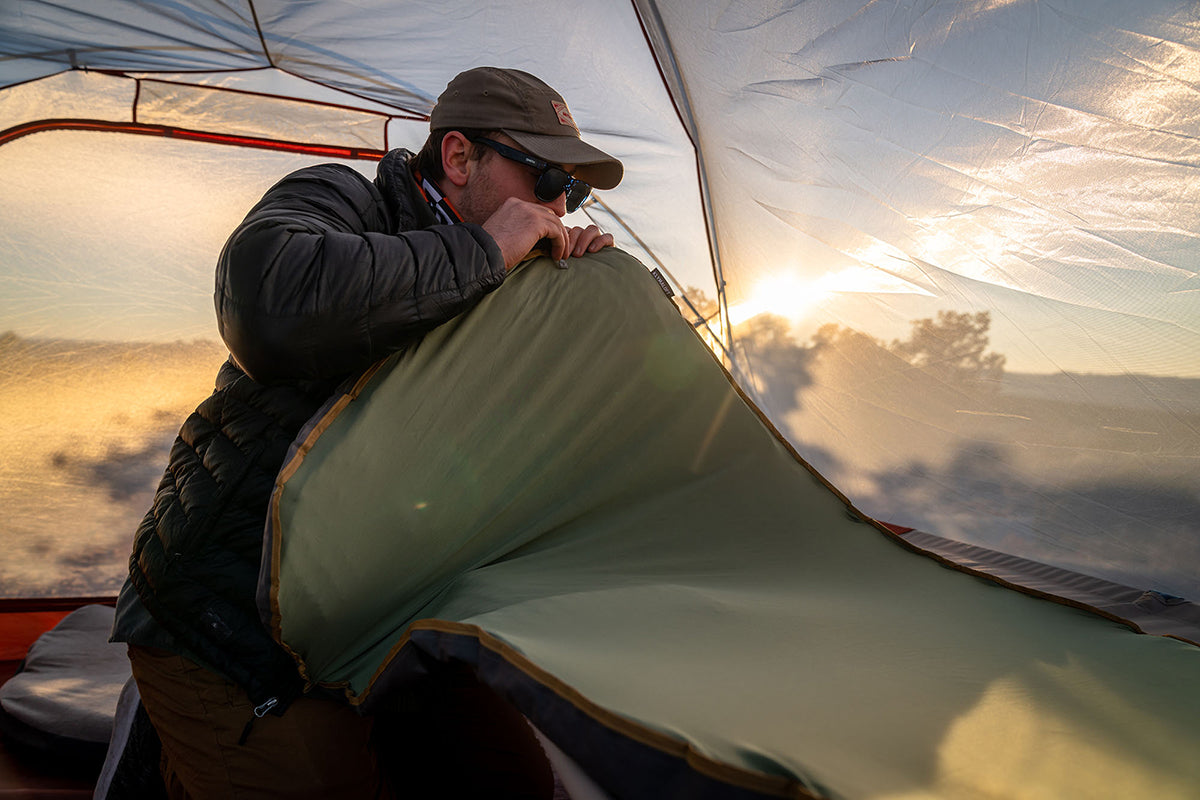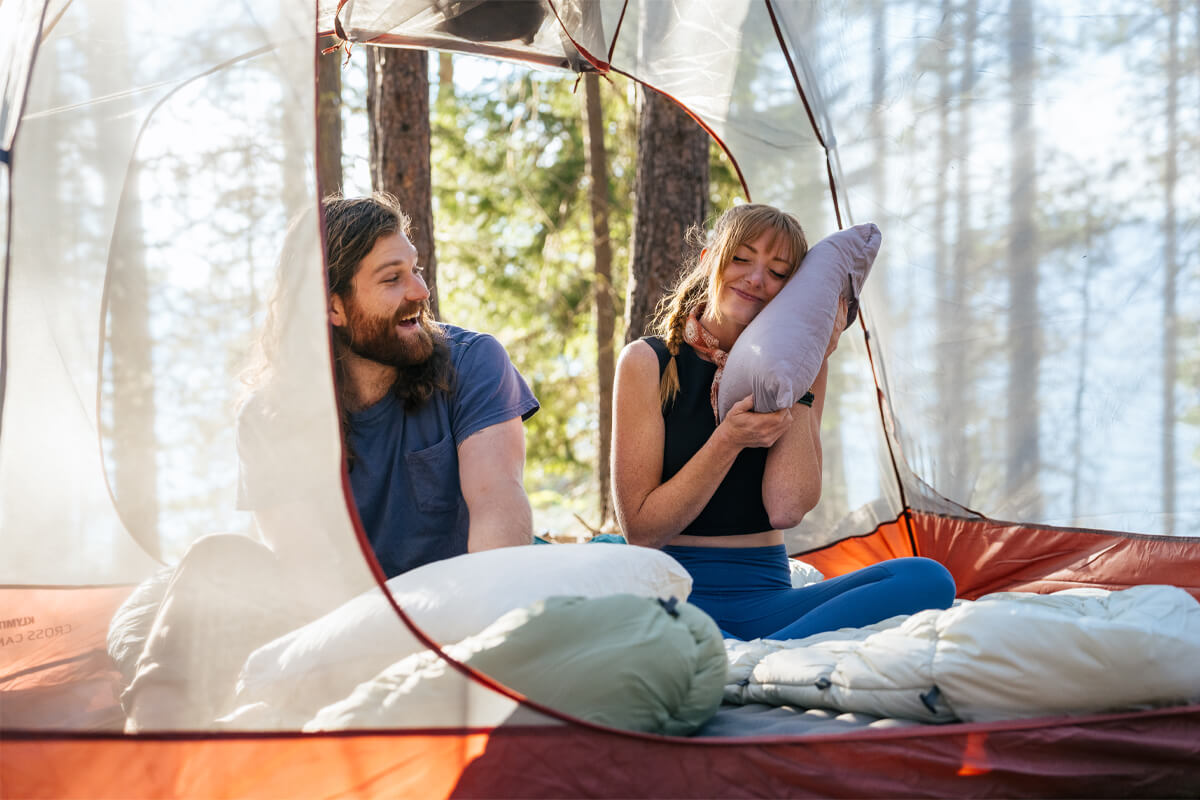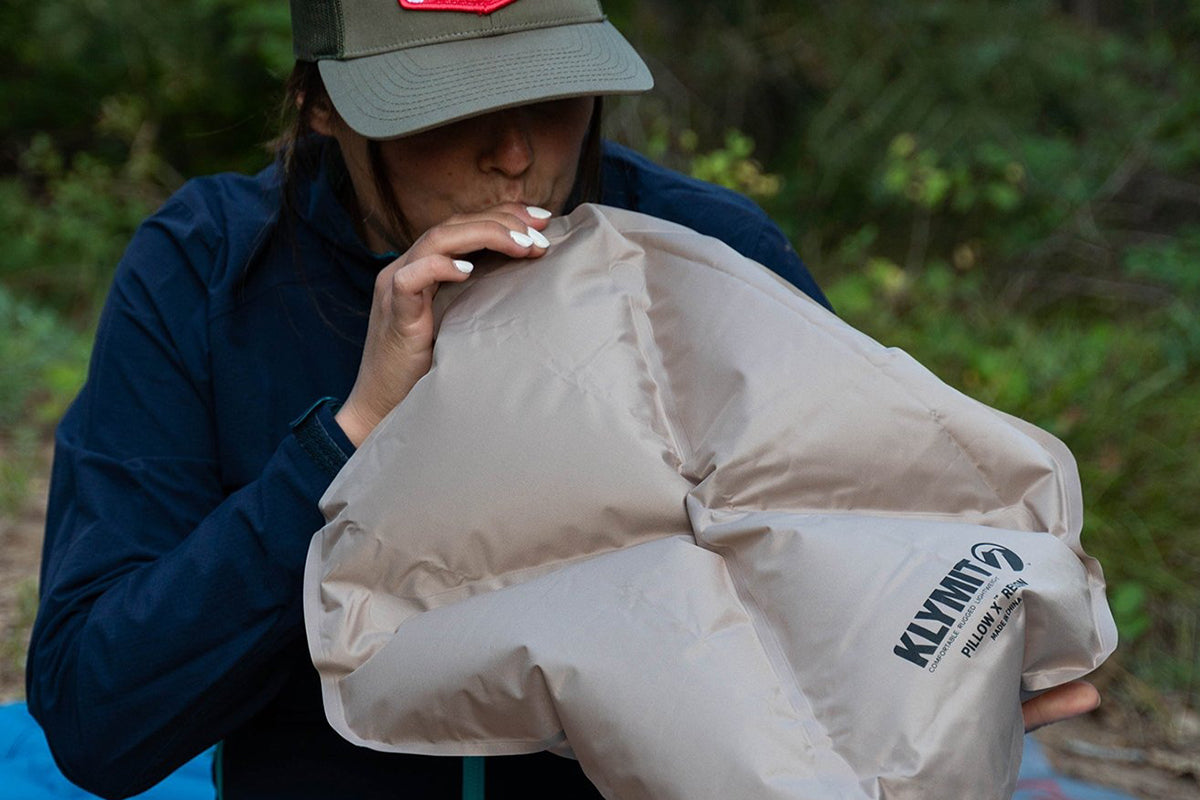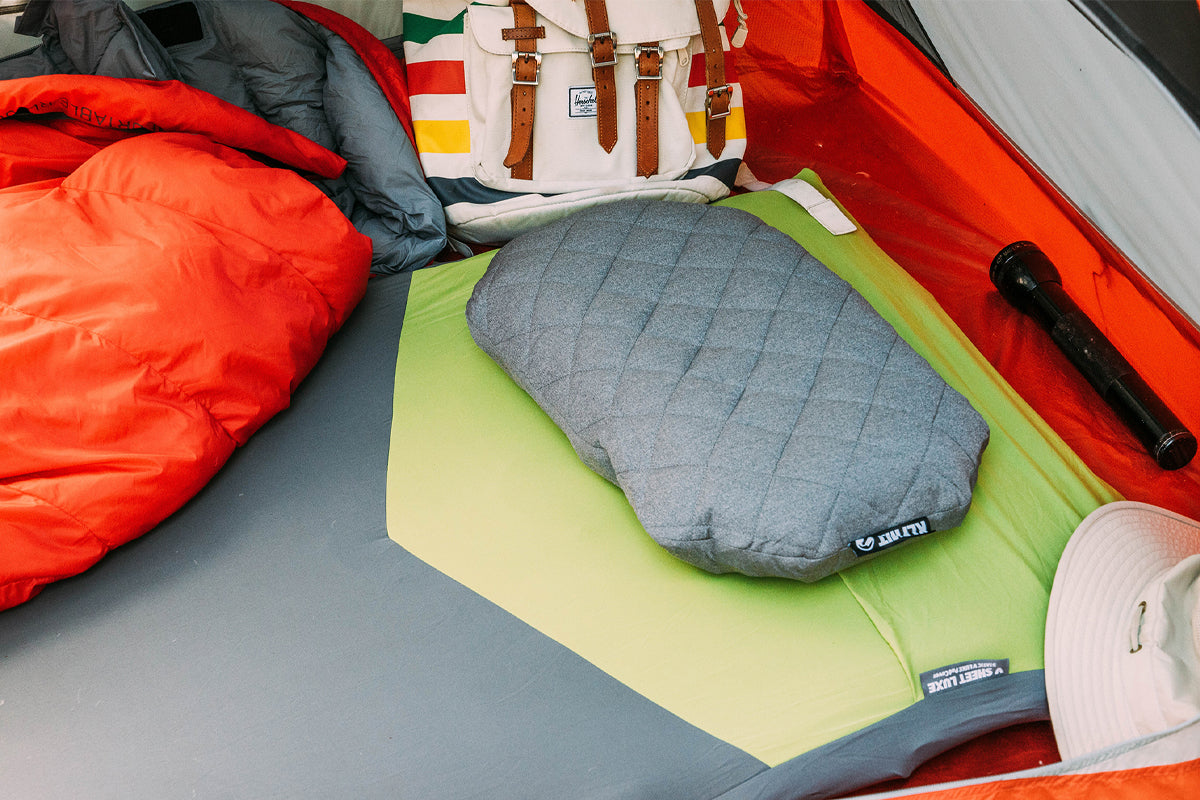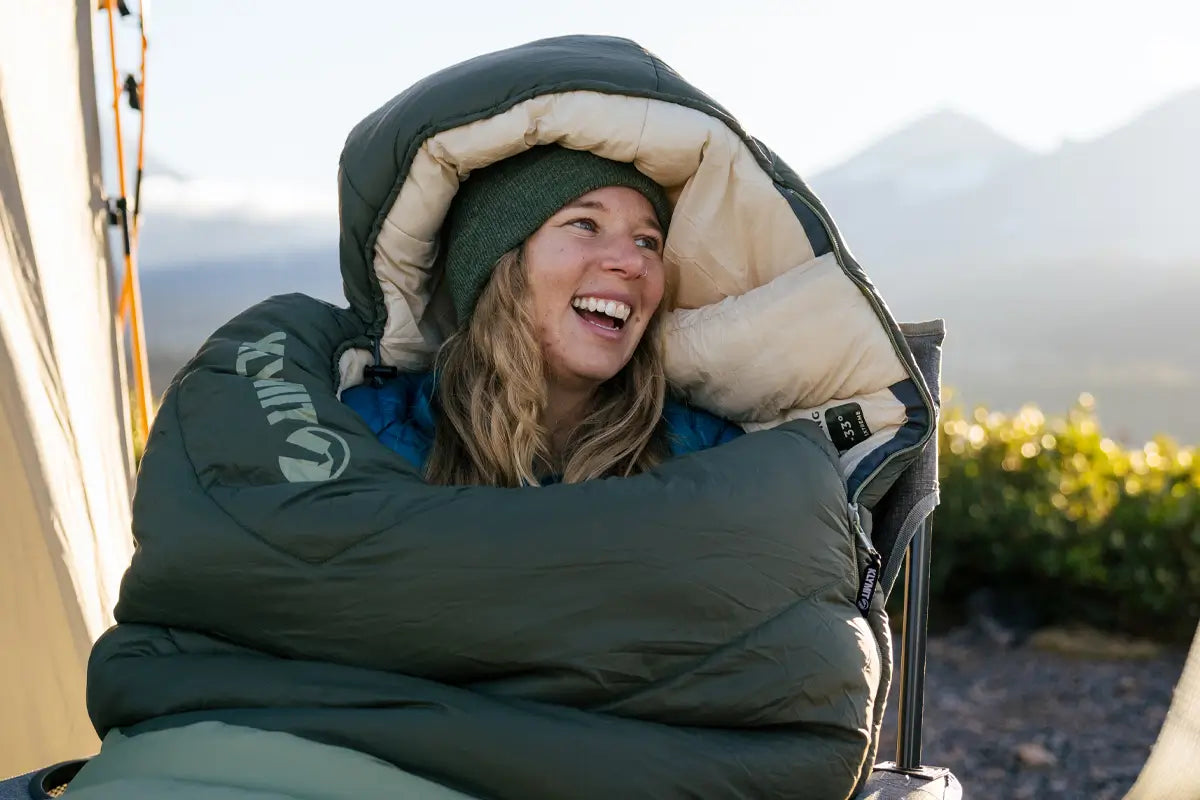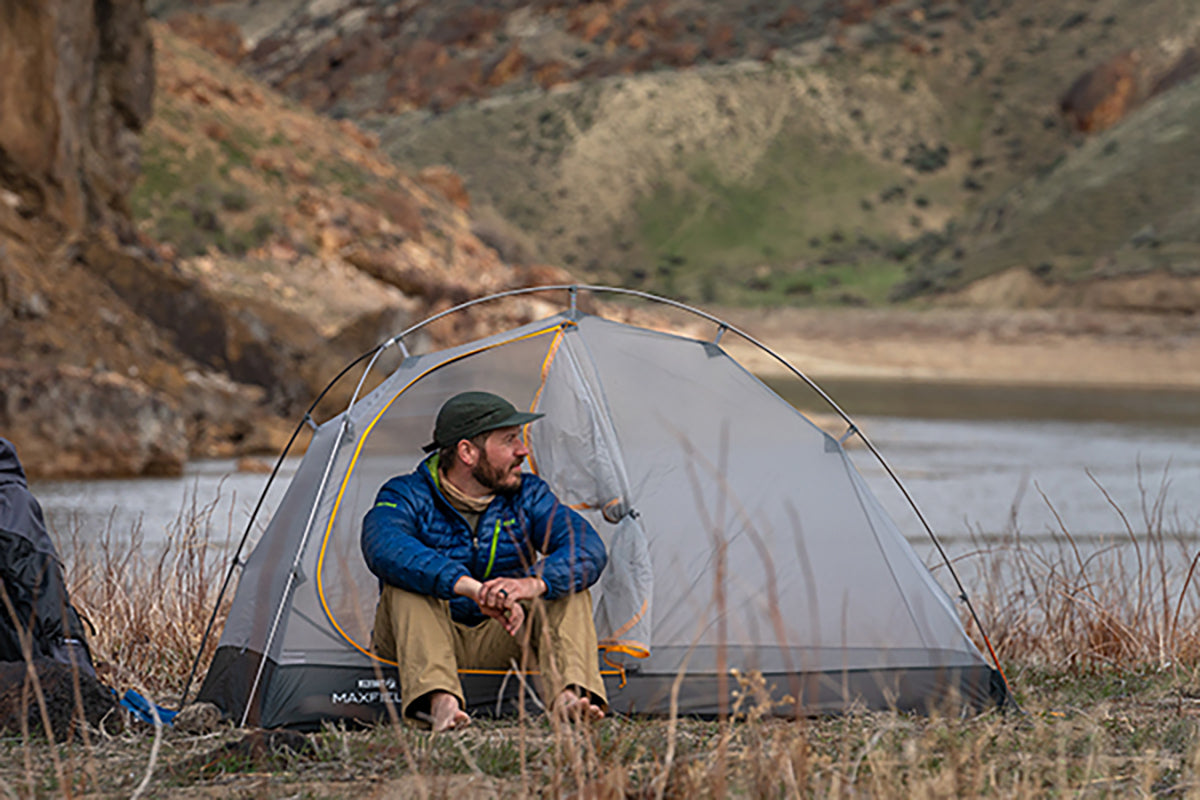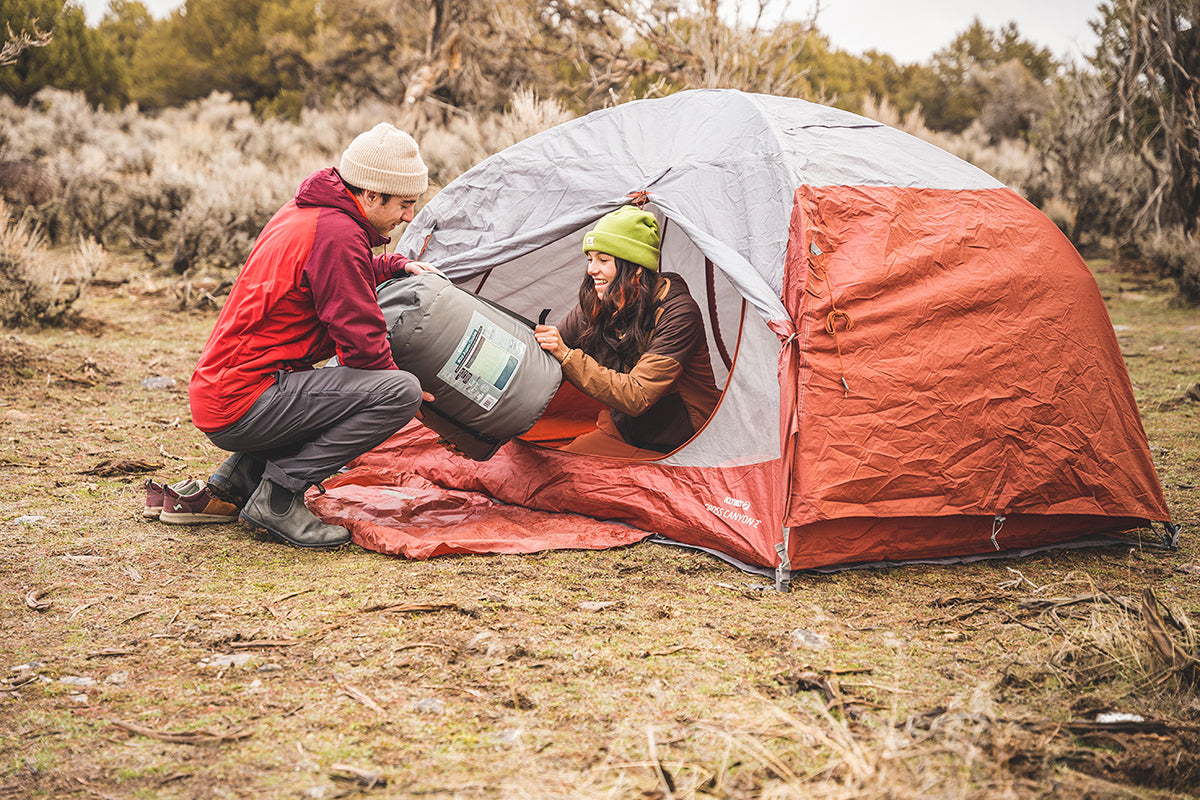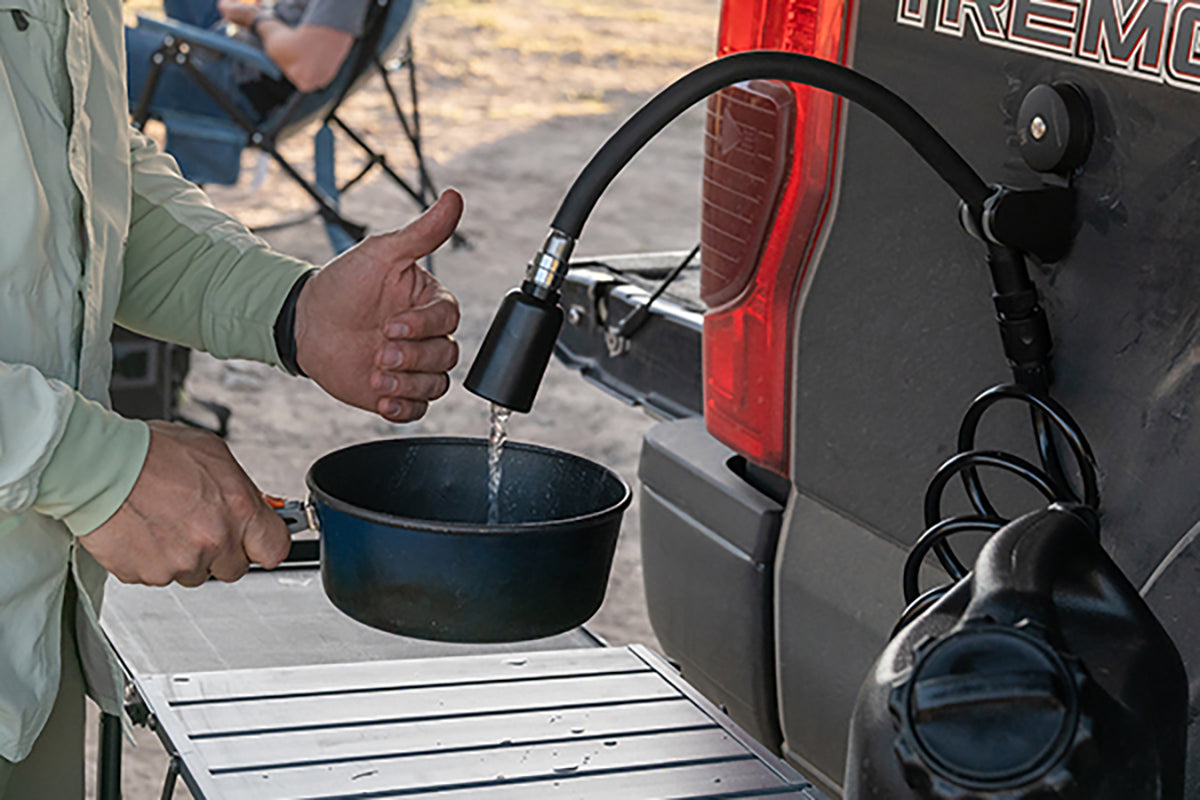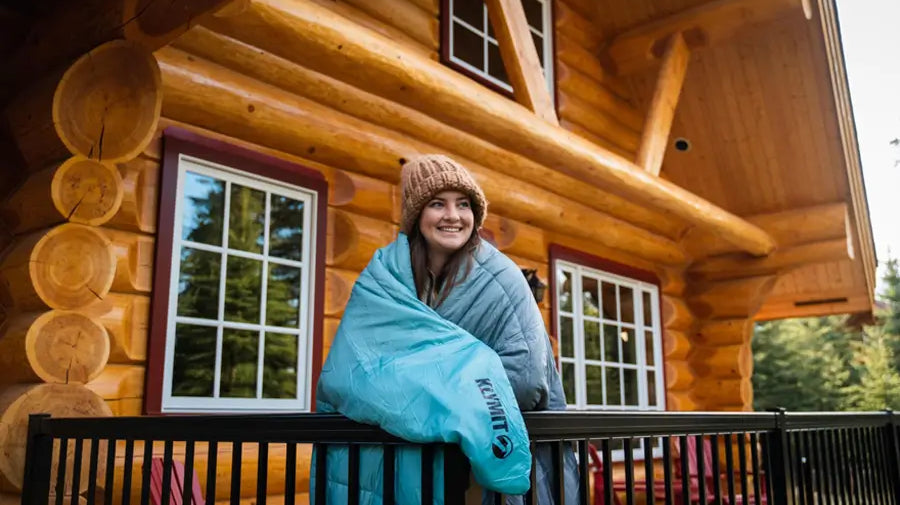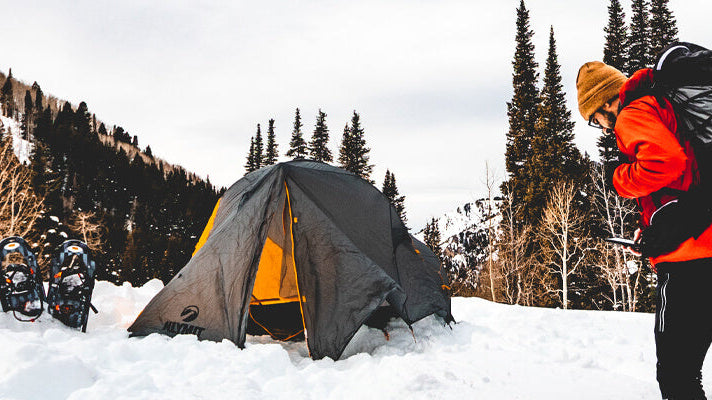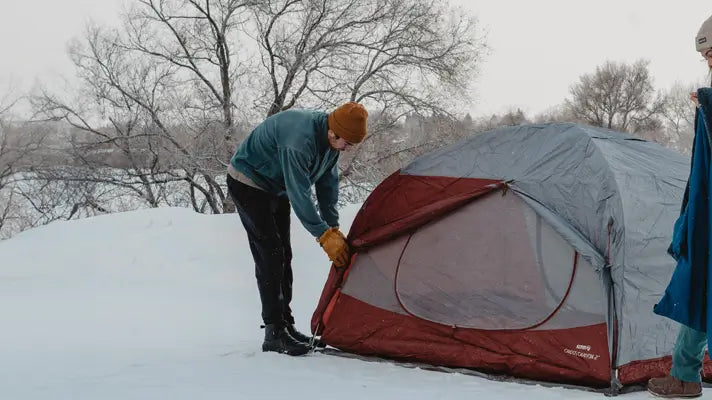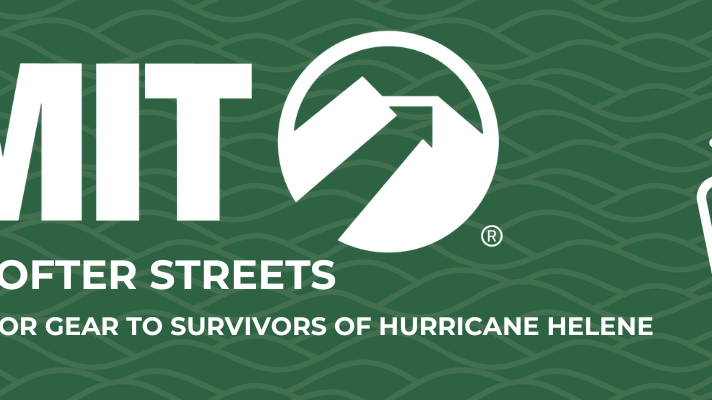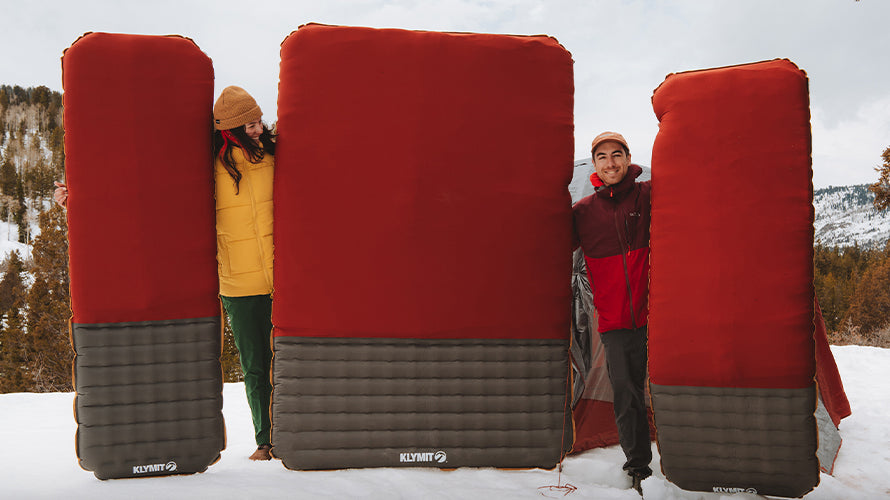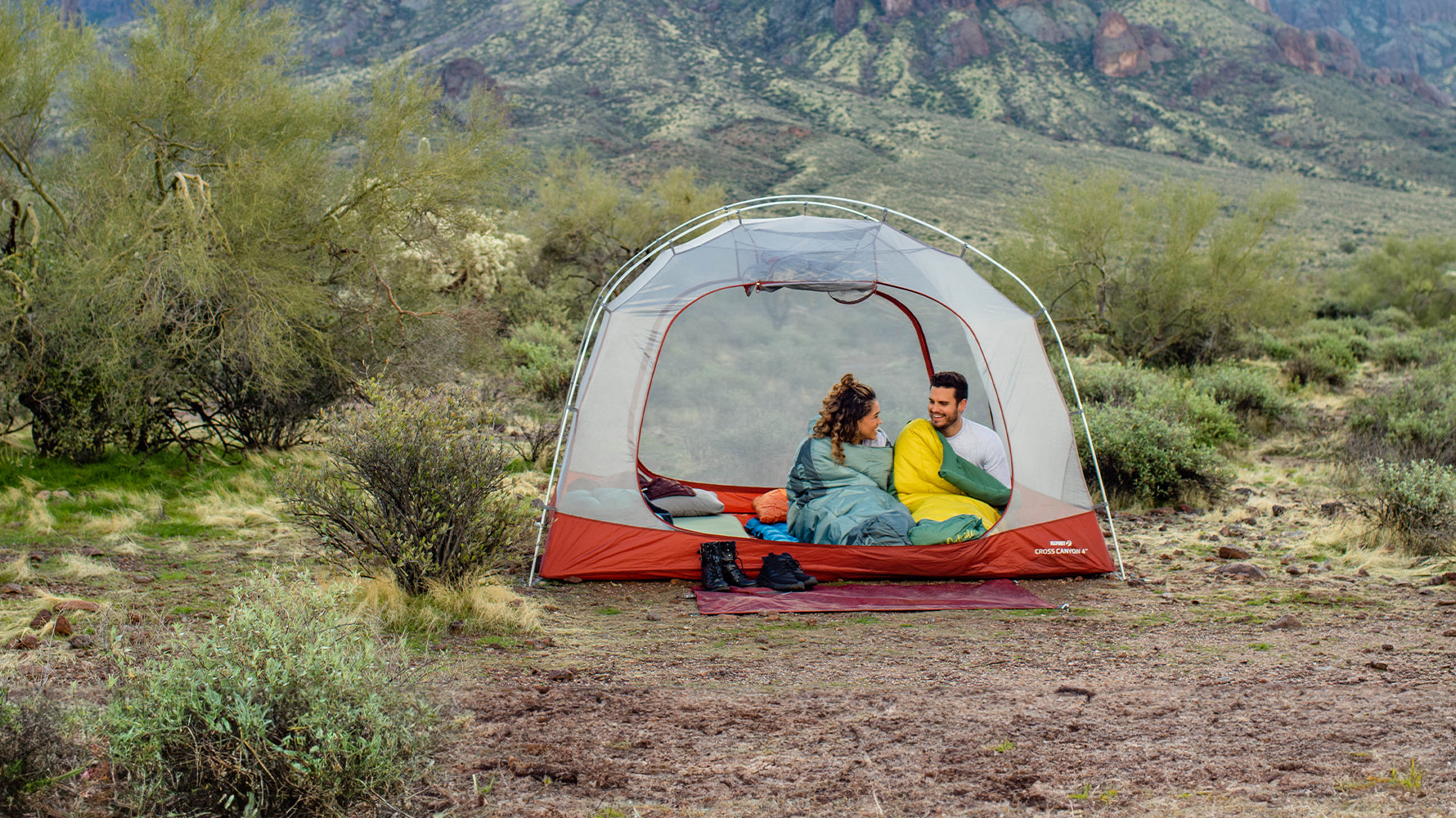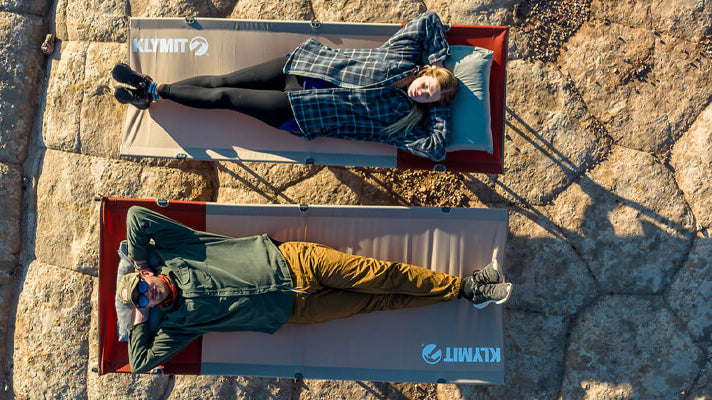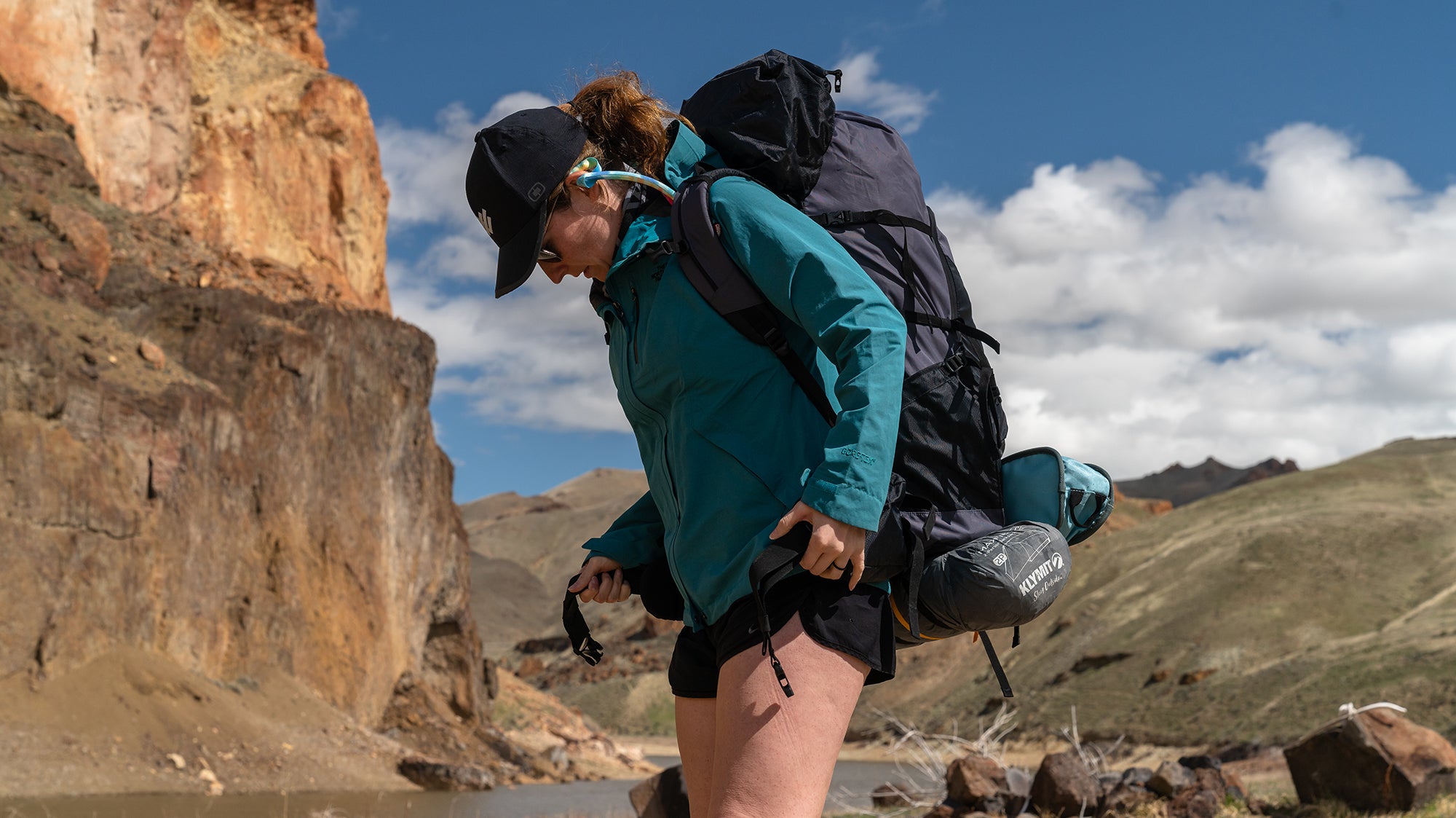Klymit Blog
Choosing the Right Sleeping Bag: Wild Aspen vs. Sojourn Stretch
Not sure which sleeping bag suits your camping style? We break down the key differences between the Wild Aspen and Sojourn Stretch to help you choose the perfect fit for your next adventure.
Winter Activities and Recreation
Winter is full of adventure! Whether you're snowshoeing, hiking icy trails, or booking a cozy yurt stay, this guide has everything you need to enjoy the season to the fullest.
Crafting the Perfect Winter Campsite: Essential Tips
Winter camping can be a rewarding experience, but it requires the right planning to stay safe and warm. This guide covers everything you need to know—from choosing the perfect campsite and setting up a reliable shelter to staying insulated, building an efficient campfire, and keeping your food safe in freezing conditions. Get ready to enjoy the great outdoors, even in the coldest months!"

